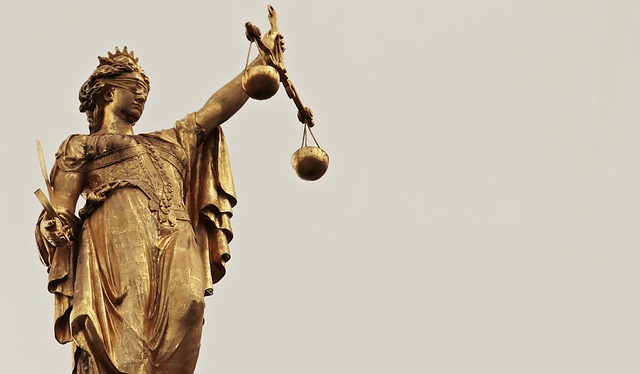
One of the main social issues, corruption affects everyone in some way and allows for individual influence over the system. Public life becomes tainted, forcing citizens to deal with social and financial difficulties. Corrupt people get their work accomplished at the expense of the average person, which means that the administration cannot operate effectively or honestly, and group welfare initiatives are overshadowed.
Corruption: About
- Any dishonest or fraudulent activity that involves someone abusing their position of authority to further their own interests at the expense of others is considered corruption. The entity may be a person, business, or governmental body. This can manifest itself in a variety of ways, such as accepting or offering bribes, lying to investors, and deceiving them.
- Corruption is frequently the result of government interference, although it can be avoided by implementing certain checks and balances. The most financially vulnerable people are disproportionately impacted, but it also has social and financial ramifications.
Legislations Pertaining to Corruption
The main legislations pertaining to corruption that is discussed by the experts in RJS Coaching are:
Indian Penal Code
- Section 169 of IPC deals with the illegal purchase or bidding on real estate by governmental employees. The public servant faces a maximum two-year sentence in prison, a fine, or both. Should the property be acquired, it will be seized.
- A criminal breach of trust by a public official is covered by Section 409 of IPC. The punishment for the public worker will be a fine and life imprisonment, or up to ten years in prison.
- According to Section 120 of IPC, any attempt at committing a crime is punishable by life in prison or a specified term of imprisonment lasting at least two years, depending on the severity of the agreement between two or more people to do an illegal act or to do a legal act through illegal means.
Prevention of Corruption Act
- In this Act, when a public servant receives compensation for an official act or manipulates other public servants, they are subject to a minimum six-month sentence, a maximum five-year sentence, and a fine. The Act also punishes public servants for using their position of authority to further their own interests and for using their power to influence the public against other public servants.
- A public employee faces a minimum six-month sentence and a maximum five-year sentence as well as a fine if they accept something of value from someone with whom they are operating in their official status while conducting business, either without spending for it or paying for it insufficiently.
Role of the Judiciary: Landmark Rulings
There are major landmark rulings that are often discussed by various institutes for RJS Coaching. Some of them are:
- In the case of P. Nallammal v State Rep. By Inspector of Police, according to the Supreme Court, a non-public servant may be tried alongside a public servant if they are involved in a criminal conspiracy with a public servant to commit an offense under the Prevention of Corruption Act of 1988 or if the public servant has encouraged the non-public servant to commit an offense.
- In the State of Madras v A. Vaidyanatha Iyer case, the Supreme Court came to the conclusion that, absent proof to the contrary, it would be assumed that he accepted or got the satisfaction of a bribe. Over time, the judiciary has established two key principles: first, it must be proven beyond reasonable doubt that the accused requested gratification; and second, statutory presumption applies once the demand has been proven. Charges cannot be brought out without evidence of the accused’s desire for satisfaction.
Established Bureaus for Anti-Corruption
The Anti-Corruption Bureau was founded in 1988 in accordance with the Prevention of Corruption Act to look into allegations of corruption within the states.
Purpose: Its sole responsibility is to look into, stop, and identify cases of corruption. Following an investigation, they file a report in order to be prosecuted in a legal proceeding.
Some of the established bureaus discussed in various RJS Coaching institutes are as follows:
- CBI: The Indian government formed the CBI to look into cases, particularly those involving corruption in union territory. The Indian Constitution gives the Supreme Court of the nation and the High Courts of individual States the authority to assign the CBI with the task of looking into any crime.
- Lokayuktas: In many states, the purpose of the Lokayukta, or office of the ombudsman, is to investigate complaints made against public officers and ministers who are suspected of corruption.
India’s corruption rate is rapidly increasing. India has a high amount of corruption. The judiciary has a significant role to play in reducing corruption. Through its rulings, the Court has established a number of standards that lower courts, government agencies, and investigative teams must adhere to while handling corruption matters.









